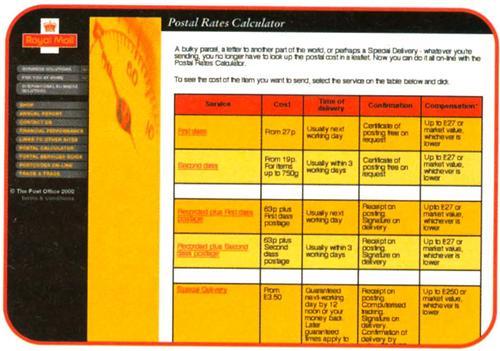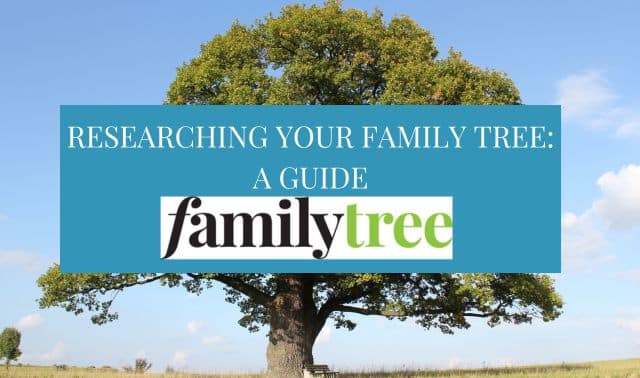
Q. I’ve traced my family tree to a foreign country and want to write for records there. When I correspond in the United States, I always enclose a self-addressed, stamped envelope (SASE) for reply. But how can I do that for other countries, where US postage stamps don’t work for them to reply to me?
A. Go to a US Postal Service branch and buy International Reply Coupons for $1.05 each. IRCs are green paper coupons that transfer funds for return postage from other countries. Your “foreign correspondent” then takes the IRCs to his or her post office and exchanges them for stamps or to the bank for reimbursement. Of course, to know how many IRCs to buy, you need to know the weight of the envelope being returned, that country’s postal rates and the current currency exchange rate. Currency rates run in most daily newspapers. Keep in mind it can be a bit (or sometimes, more than a bit) of an inconvenience for a clerk or other correspondent overseas to make the trek to the post office or bank, even if they wait until they have several IRCs to redeem.
Two good sources of postal information for other countries are <www.geocities.com/WallStreet/Exchange/1161/> and <dir.yahoo.com/Reference/Postal_Information/>. In addition to general rate information (listed in local currencies), there are links to local postal authorities. For example, the United Kingdom’s Royal Mail <www.royalmail.co.uk> tells you how much in postage it will take to get a letter from Point A to Point B and how long it will take. Many sites let you actually buy foreign stamps and have them sent to you for use. The disadvantage here is that you’re likely to incur shipping charges and may have to buy more stamps than you need if you’re not planning to send many queries to a particular country.
From the December 2000 issue of Family Tree Magazine




